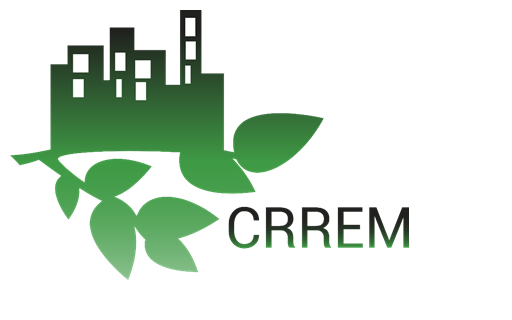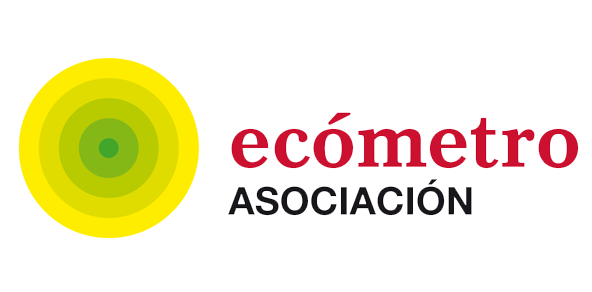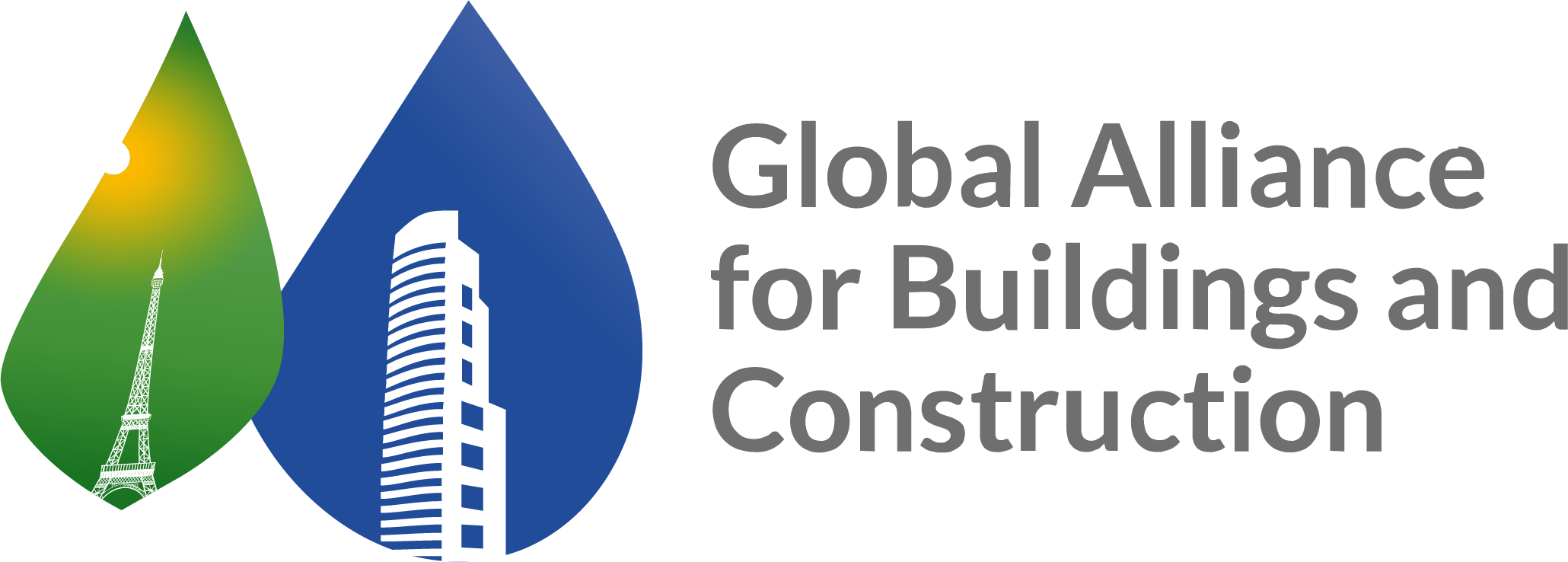Partnerships
The Low Carbon Building Initiative (LCBI) has built a wide range of partnerships, driving LCA adoption and decarbonization across Europe
B
Our Partners
Our partners play a crucial role in the Low Carbon Building Initiative (LCBI) by contributing their expertise in sustainable construction, carbon reduction, and certification processes. They collaborate to advance the adoption of low-carbon standards. Together, they drive the transition towards more sustainable, energy-efficient buildings.
Carbon Risk Real Estate Monitor (CRREM)
CRREM recognizes the LCBI methodology and certification scheme, and LCBI has defined its performance thresholds to align with CRREM decarbonization pathways.
The Carbon Risk Real Estate Monitor (CRREM) is the leading global initiative for establishing targets for operational carbon emissions for standing real estate investments consistent with the ambitions of the Paris agreement. CRREM publicly released decarbonisation pathways that translate the ambitions of limiting global warming to 1.5°C by the end of the century into regionally- and property-type-specific trajectories against which real estate assets and portfolios can benchmark themselves.
Ecometro
Ecómetro will be supporting LCBI with the label layout in Spain.
Ecómetro Asociación, founded in 2010, is a non-profit organization dedicated to promoting sustainability and decarbonization in the construction sector in Spain. Its mission is to support professionals, companies, and public administrations in the transition toward low-carbon buildings and projects through the calculation, reduction, and offsetting of carbon footprints.
Ecómetro Asociación combines specialized training, environmental certifications adapted to the existing building stock (20 projects hold our certifications), carbon offset programs (over 2,000 tons of carbon offset), Life Cycle Assessment (LCA)–based tools, and collaboration with sector stakeholders to promote more responsible and efficient construction practices.
Global Alliance for Building and Construction (GlobalABC)
LCBI contributes as an expert to several working groups led by GlobalABC under the Buildings Breakthrough initiative, particularly the “Standards & Certifications” working group.
The GlobalABC connects governments, private sector, and organisations aims at mobilizing global ambition and solutions towards a zero-emission, efficient and resilient buildings and construction sector. Concretely, its objectives are: (i) to be a global advocate and a catalyst to action, (ii) to be a trusted platform to set targets and track progress, (iii) To support countries in setting priorities and measures based on their situation
The District
THE DISTRICT is a leading international professional event, happening from September 25th – 27th, with a focus on European real estate, that catalyzes real estate transactions, opens new opportunities, and promotes business development. Within THE DISTRICT, the global capital ecosystem comes together to discuss real estate market trends, understand the current phases of the economic cycle, and evaluate the timing of various asset classes, whether traditional or alternative. THE DISTRICT meets annually in Barcelona, in September. In 2023, THE DISTRICT welcomed over 12,000 participants and 400 speakers. LCBI is proud to count among its partners.
Afilog
With the support of Afilog, LCBI is developing a dedicated European low-carbon label for logistics real estate.
Afilog is a professional association uniting stakeholders in logistics real estate and supply chain management. Established in 2001, Afilog comprises over 130 members, including investors, developers, users, architects, consultants, and insurers. The association’s mission is to foster collaboration among logistics experts, address challenges related to logistics facility spatialization, and advocate for the integration of logistics within urban planning.
Sibca
SIBCA (Salon de l’Immobilier Bas Carbone) is an event organized by the BBCA (Bâtiment Bas Carbone) Association, focused on promoting sustainability and low-carbon practices in the construction and real estate sectors. Held at the Grand Palais in Paris, SIBCA brings together professionals involved in the development, financing, and design of low-carbon buildings and neighborhoods. The event showcases over 150 exhibitors and features seminars and debates on reducing carbon emissions in construction.
GRESB
GRESB is your strategic partner for sustainable investments across real assets in climate-critical industries. Together, we facilitate productive engagements between investors and managers, helping organizations comply with regulations, define best practices, and demonstrate leadership so they can build more resilient, efficient, and financially attractive portfolios for long-term success.








